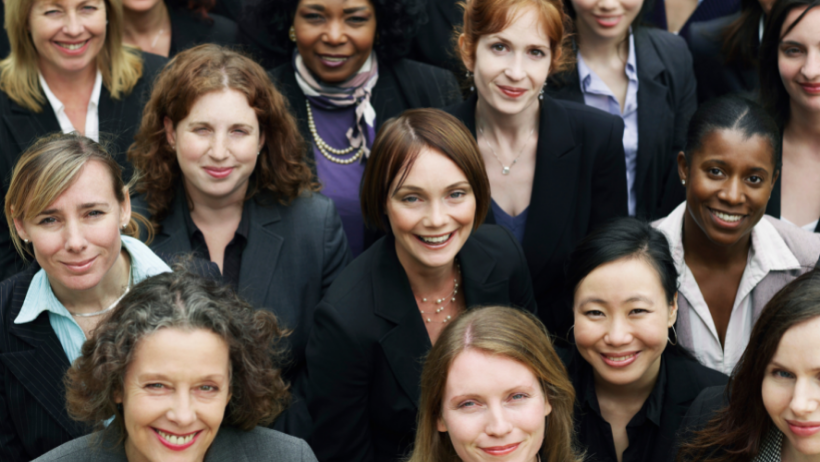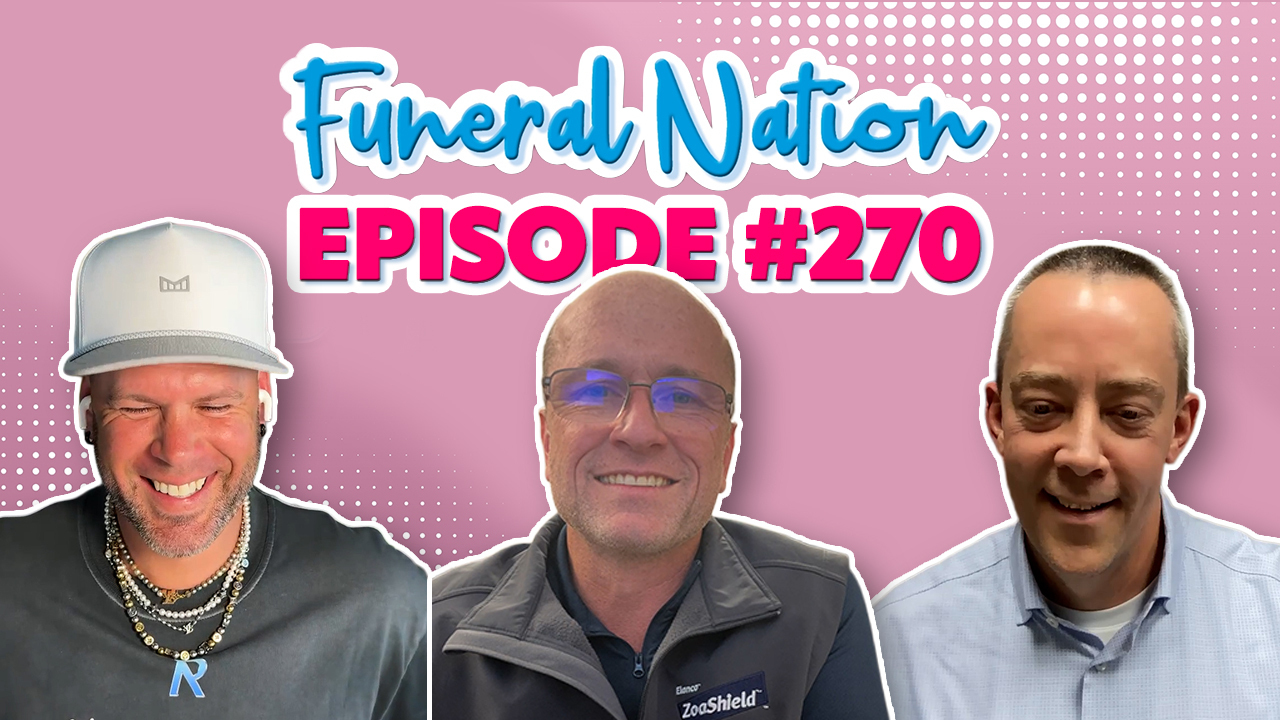Are Women-Owned Funeral Homes Different?
Are funeral homes which are owned, maintained, and operated exclusively by women different in any meaningful way from those run by men?
Of course they are, and the essential difference is the obvious one: Women are frequently perceived as being more empathetic than men. They’re expected to have a gentler nature, a certain skill for reading people (“a woman’s intuition”), to be emotionally unthreatening, communicate easily, and to provide a sense of safety to the vulnerable.
These “feminine” qualities convey dramatic advantages in the funeral industry. For good or for ill, people see women as less likely to judge or embarrass them for displays of emotion or vulnerability. In the context of death care, this means clients may simply feel on safer ground with a woman, as it sure doesn’t hurt that people are more able to cry and be vulnerable with a woman funeral director.
Dominated by Women
Despite the consistently increasing numbers of female mortuary school grads entering the death care work force in recent years – fully 67% of all mortuary school graduates were women in 2021, according to the ABFSE – it isn’t yet common to encounter modern funeral homes owned and fully staffed by women. The stereotypical “old boys’ network” that has been the face of death care since the industry began is still largely in place, but as the old is replaced by the new through retirement and deaths and the natural course of events, more young women displace the old guard each year. And each year, more of their businesses pass to female owners.
Even though it isn’t as unusual as it once was to find a woman managing a funeral home or prepping a body, it’s still more common to find death care businesses owned and run by men. Women entering the field are apt to face both quiet obstacles and outright oppression, including sexual harassment, with equal frequency. But where they do exist and thrive, a funeral home which is woman-owned stands apart in its décor as well as in its personnel, displaying personal touches abound in the form of gifts from families helped through their difficult time; recognition from the community; little extra details (complimentary water, sweets) artfully arranged for no other reason than simply to be pleasant, or beautiful.
Pay it Forward
Many in death care see their work as a calling, something they feel compelled to do in a spirit of service to others. And sometimes the service extends not only to the clients in need of the services provided by a funeral home, but to other professionals. Women in positions of power can actively foster the diversity of death care workers by hiring and employing other women… but also members of traditionally underrepresented minorities, such as the Hispanic, African American, and LGBTQ+ communities, as well as others. Overall as the gender distribution changes and expands in the death care industry, traditional cookie-cutter formality wanes as business culture and day-to-day operations expand in new directions.
That’s a great distinction, indeed.
Thanks to Connecting Directors contributing author Jennifer Trudeau for this great piece!




